
Cut the Military Budget in Half
It’s not enough just to oppose this war on Iran. We should demand major cuts to the US military budget, starting with cutting it in half.
Page 1 of 7Next
Eric Blanc is an assistant professor of labor studies at Rutgers University. He blogs at the Substack Labor Politics and is the author of We Are the Union: How Worker-to-Worker Organizing is Revitalizing Labor and Winning Big.

It’s not enough just to oppose this war on Iran. We should demand major cuts to the US military budget, starting with cutting it in half.
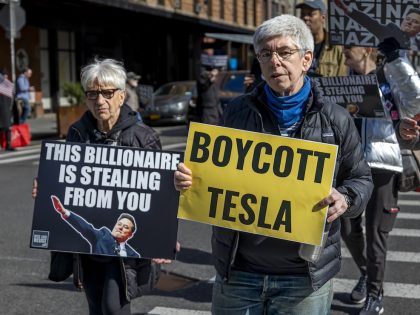
Boycotts against corporations can be powerful tools. But they have to be waged as part of larger collective struggles with real plans to win — not simply as acts for frustrated individuals to take on their own.

The 2006 “Day Without an Immigrant” mobilized millions and killed a draconian anti-immigrant bill. With ICE waging war on immigrant communities, the playbook for a mass strike already exists — we just have to study it.

General strikes are the most powerful tool in the working class’s arsenal. Recent mass actions in Minnesota against ICE terror were strong steps toward such a strike, but much more organizing is needed. Here’s how we can do it.
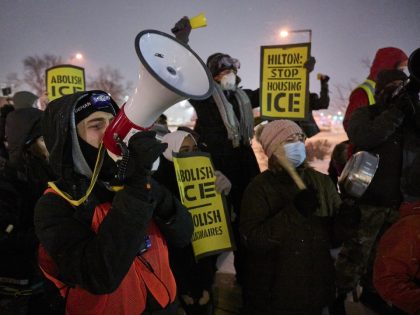
We spoke to a Minneapolis organizer about the community-organizing infrastructure there in response to ICE, why targeting corporations that profit from ICE is working, and how other cities could do the same in their fight against ICE terror.
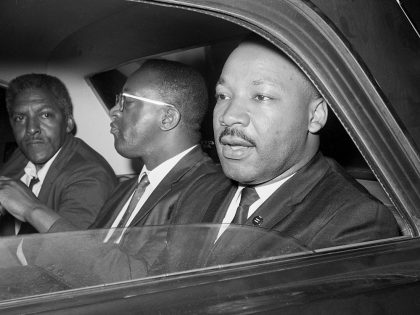
Accounts of the life of Martin Luther King Jr often present him as a singularly great individual. Yet MLK was profoundly shaped by a vibrant ecosystem of socialists and labor radicals, from Myles Horton and Rosa Parks to Bayard Rustin and Stanley Levison.
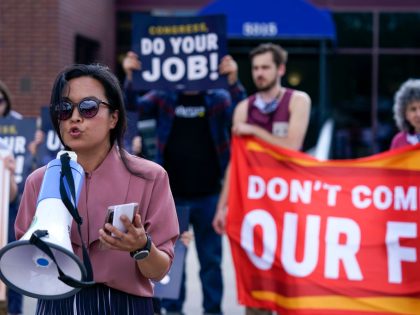
In Wisconsin, state assembly member and democratic socialist Francesca Hong has announced she is running for governor. We spoke to her about the campaign.
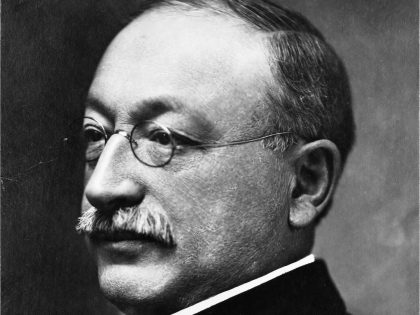
Critics of the American sewer socialists often point to racist statements made by their leading light, Wisconsin’s Victor Berger. A close examination of his writings shows that those views changed dramatically over time.
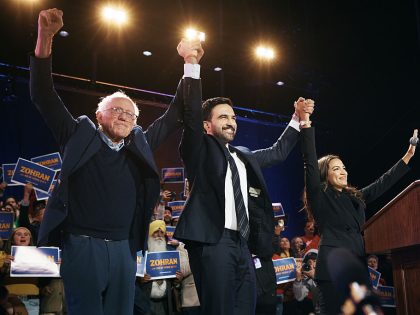
How the socialist left and the anti-Trump Resistance are slowly but surely learning to work together.
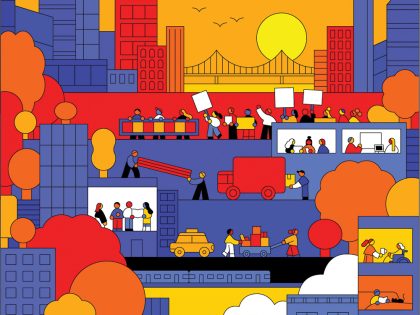
The hard part is over. The harder part is about to start.

The way to help Zohran Mamdani overcome establishment and billionaire opposition to his agenda has to involve organizing bigger and deeper, rather than simply criticizing him harder.
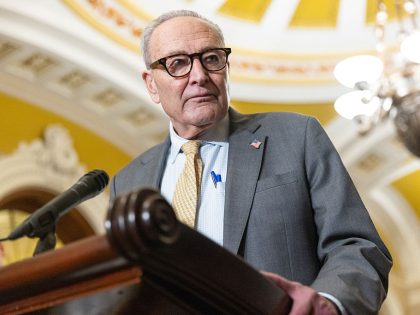
The government shutdown was a test showing where progressive forces are strong and where they’re weak. The results are in after last night’s Democratic capitulation to the GOP: most top union leaders are failing to meet the moment.
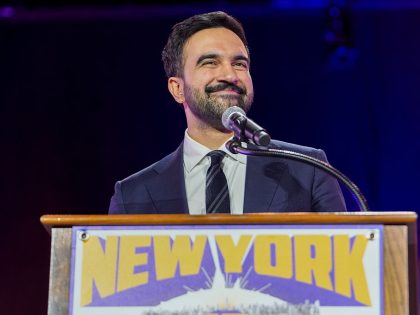
A democratic socialist wasn’t supposed to be able to win a major office like New York City mayor over the objections of billionaires. Yet Zohran Mamdani and the movement behind him built a campaign far stronger than the oligarchs and their unlimited money.

After the massive No Kings protests, we need bigger, more disruptive nonviolent campaigns that can go viral and peel away Donald Trump’s pillars of support.

Two years into Israel’s genocide, the US movement in solidarity with Palestinians is far weaker than it should be. To cut off American arms to Israel, we need to build a powerful movement oriented to ordinary Americans beyond activist circles.
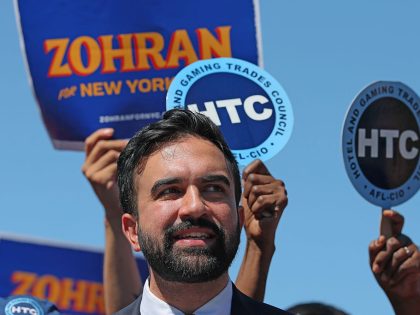
As New York City mayor, Zohran Mamdani will have a range of options to encourage large numbers of workers to unionize — essential both for improving working-class living standards in an unaffordable city and building an organized force to win his agenda.

Leftists and progressives throughout the country have much to learn from how democratic socialist Zohran Mamdani pulled off an unprecedented upset last night.

In an era when unions routinely endorse candidates beholden to the bosses, Zohran Mamdani’s inroads with organized labor are a significant step forward.
American labor’s finances have never been stronger. And yet its horizons have never been narrower.

There are no guarantees that any approaches, new or old, to reversing the labor movement’s decline will succeed. But Eric Blanc makes a case for why we should wager on worker-to-worker unionism.